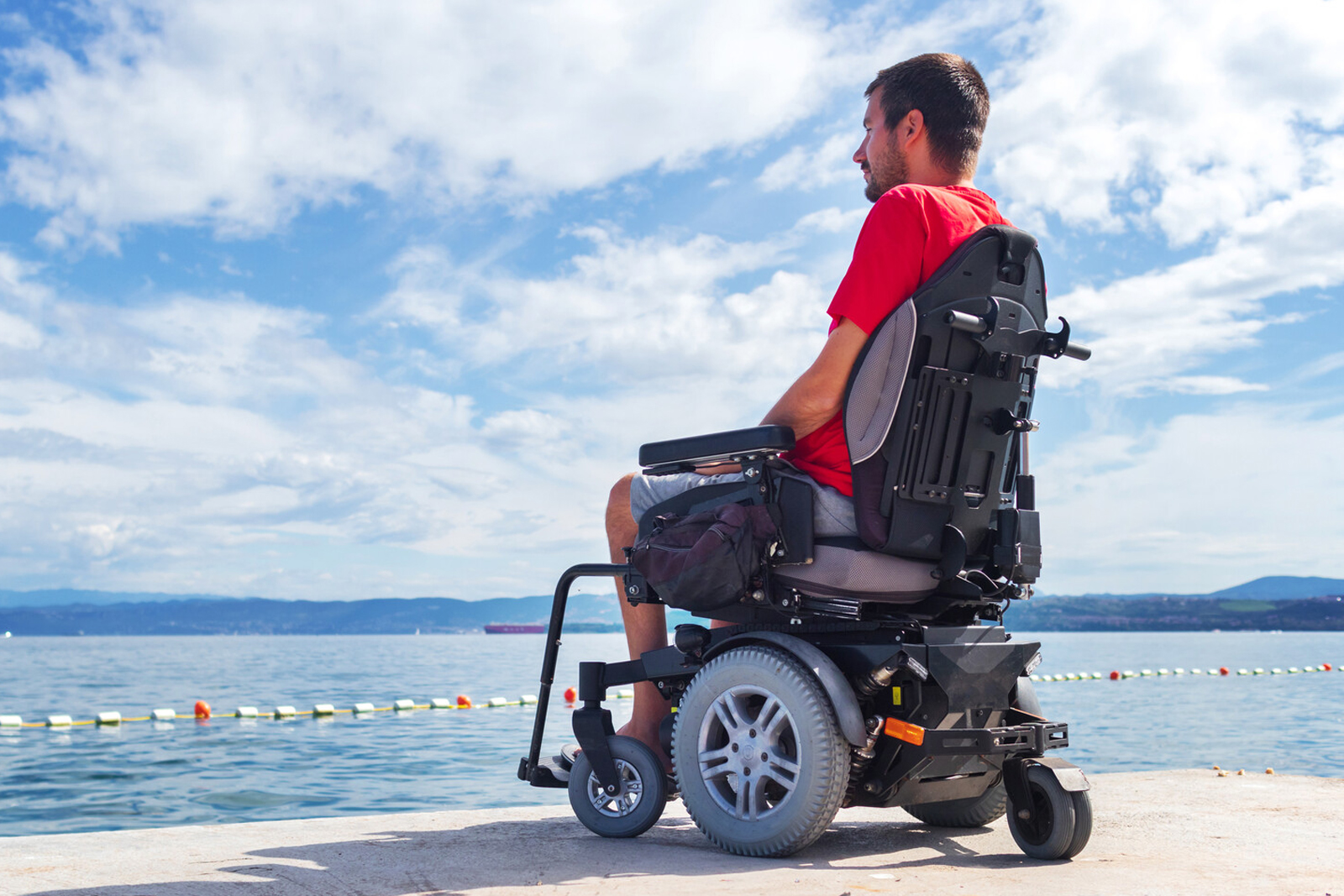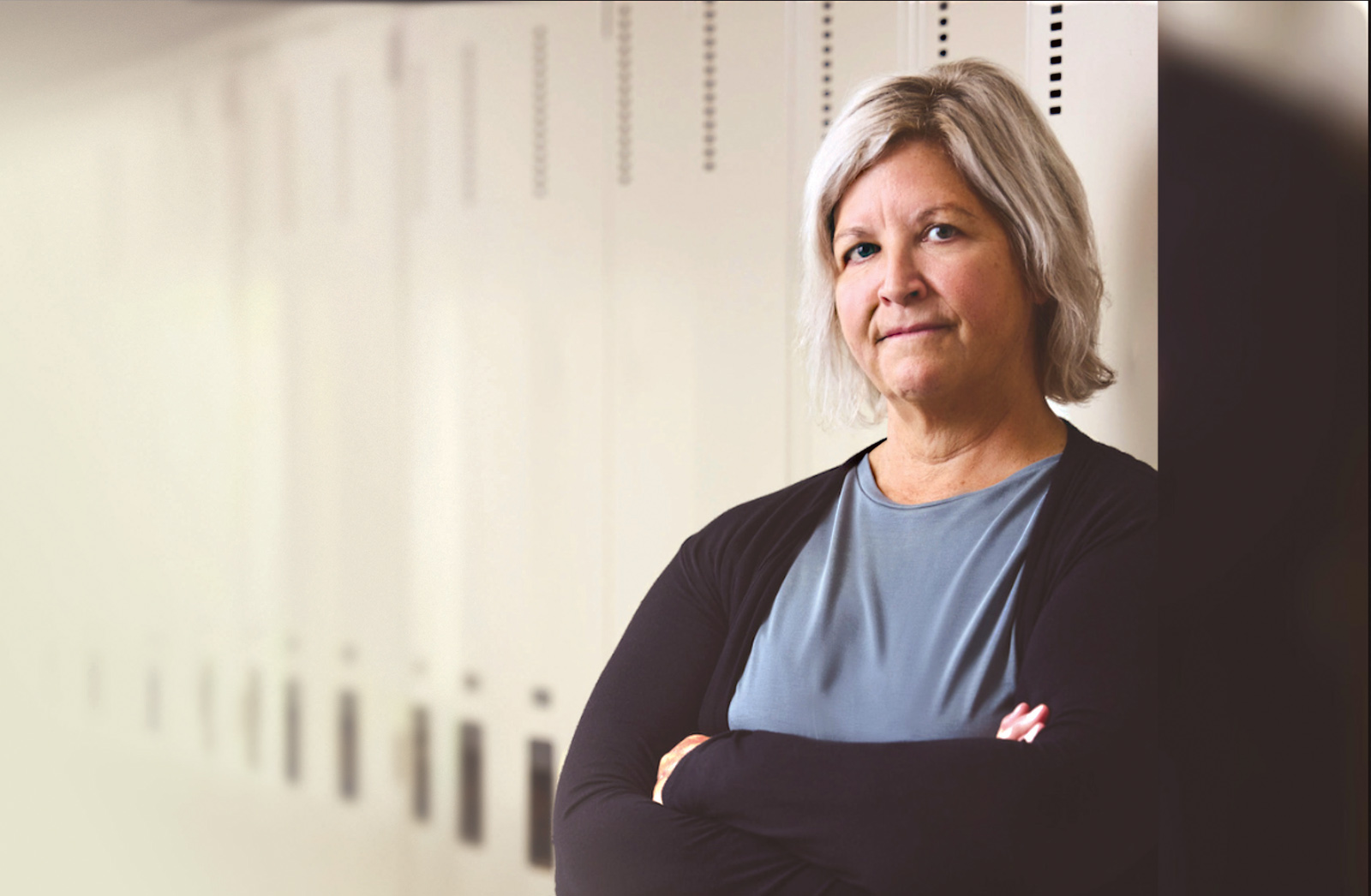It leads many with disabilities to die way too early
By Louise Kinross
The World Health Organization released a global report that showed people with disabilities die up to 20 years earlier than those without due to poor health care that is avoidable and unjust.
I waited to see some mainstream media coverage, but it’s been radio silence. Can you imagine hearing that any other marginalized group was dying 20 years younger than the general population because of systemic discrimination, and it not being a news story?
The report notes that people with disabilities face a higher risk of dying prematurely, and up to double the risk of developing chronic conditions, but that many of the differences in their health can’t be explained by their disability or health condition.
Instead, in a news release, WHO says the inequities stem from: “negative attitudes of healthcare providers; health information in formats that cannot be understood; or difficulties accessing a health centre due to the physical environment, lack of transport or financial barriers.”
In its report, the authors note the impact of ableism, both inside and outside health care. “Ableism is a social prejudice that defines persons with disabilities by their disabilities and characterises them as being inferior to those who do not have disabilities,” they write. They reference a survey we reported on last year that found that only 41 percent of American physicians reported that they were “very confident” about their ability to provide the same quality of care to people with disabilities as those without. Further, “a significant issue is that persons with disabilities are not an active part of the health and care workforce.”
The WHO report shows the number of people with significant disabilities worldwide has grown to 1.3 billion, or one in six people.
They recommend 40 actions countries can take to advance health equity for disabled people. They include taking a human-rights approach to health; including people with disabilities in the health workforce; and strengthening models of care for children with disabilities.
This is a very detailed report that is worth a read.
Louise Kinross is editor of BLOOM, a blog, e-letter and video series on parenting children with disabilities produced by Holland Bloorview Kids Rehabilitation Hospital.














